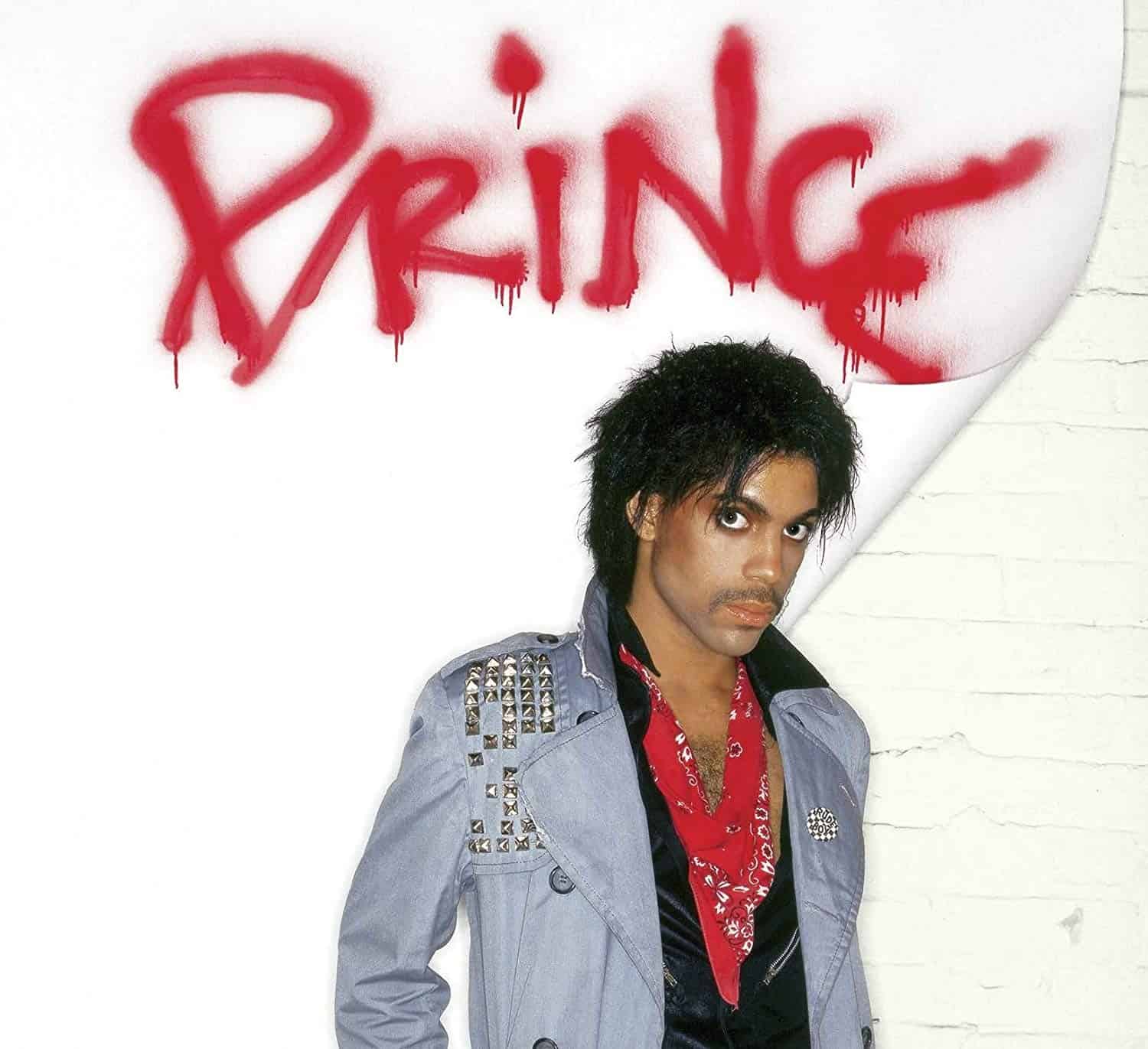The enormity of unreleased material Prince left behind him is the stuff of legend and the issues around making it available are complicated to say the least—from questions of ownership to the fact that Prince himself (as he made clear during his life) didn’t want his unfinished or abandoned projects made public.
Even so, the late master’s heirs and his record label (neither of whom he had smooth relationships with) have played it more than safe—with, of course, an eye on profits—since his 2016 death. A triple CD reissue of Purple Rain was issued in 2017, including outtakes, remixes and a bonus live DVD. The following year brought Piano and a Microphone, an album of Prince alone in the studio, working through songs and playing stellar versions of Joni Mitchell’s “A Case of You” and the gospel song “Mary Don’t You Weep,” famously recorded by Aretha Franklin. Earlier this year, 1999’s Rave Un2 the Joy Fantastic (perhaps his most lackluster record) was reissued with an album of remixes previously only available through his fan club. Now we have the fourth official, posthumous issue: Originals, which collects Prince’s demos of songs he gave to other artists.
It’s worth putting these recordings into the timeline of the artist. Piano was recorded in 1983 and includes a take on the career-defining “Purple Rain,” that would come out the following year. And of course, the Purple Rain set is comprised of material from that era. With one exception (“Love … Thy Will Be Done,” later recorded by Martika), Originals collects demos recorded between 1981 and 1985. Prince battled with Warner Bros. about not wanting to simply recreate his greatest success. With him out of the way, the label is now free to do it themselves.
And we’re free to reap the rewards. The songs on Originals aren’t his best and with a few exceptions they weren’t hits for the singers he gave them to. Since Prince produced and often played the instrumental tracks on the final versions, the demos aren’t terribly different from the released versions, either. That said, his 2½ minute “Make Up” has an assured sense of cool that the group Vanity 6 couldn’t pull off. “100 MPH” is a thrill ride compared to the version by Mazarati. (Prince also gave them his 1990 hit “Kiss,” then took it back again.) And “Jungle Love,” written by Prince with Morris Day and Jesse Johnson of the Time, is a blast no matter who does it. The Bangles, on the other hand, best him with their “Manic Monday,” adding a brief bridge that seals the song with a kiss.
The keeper is the 1984 demo of “Nothing Compares 2 U,” a huge hit for Sinéad O’Connor in 1990. The song was first recorded by protégé band the Family, and Prince released a version sung by himself and Rosie Gaines in 1993. But none of them compares to the original. The tick-tock organ counting the seconds, the synth horns augmented by Eric Leeds’ real saxophone, and Prince singing a ballad in the lower register (something he rarely did) are just part of what make the song so perfect. The other part is just that he was Prince.
As enticing as the prospect is, there’s good reason not to go into the fabled vault and release things Prince didn’t want out there. It’s a thin compromise to release alternate versions of songs his fans already know, but it’s also a safer bet. Still, there are plenty of records Prince put out during his lifetime that deserve wider release: full fan-club mp3 albums that were never pressed to disc and The Truth, which would be known as one of his great albums of the ‘90s had it not been buried on a (sanctioned) 4-disc set of outtakes. Maybe Warner Bros. and the Prince estate will get around to honoring his memory by stepping outside the expected, as Prince himself did every step of his career.










